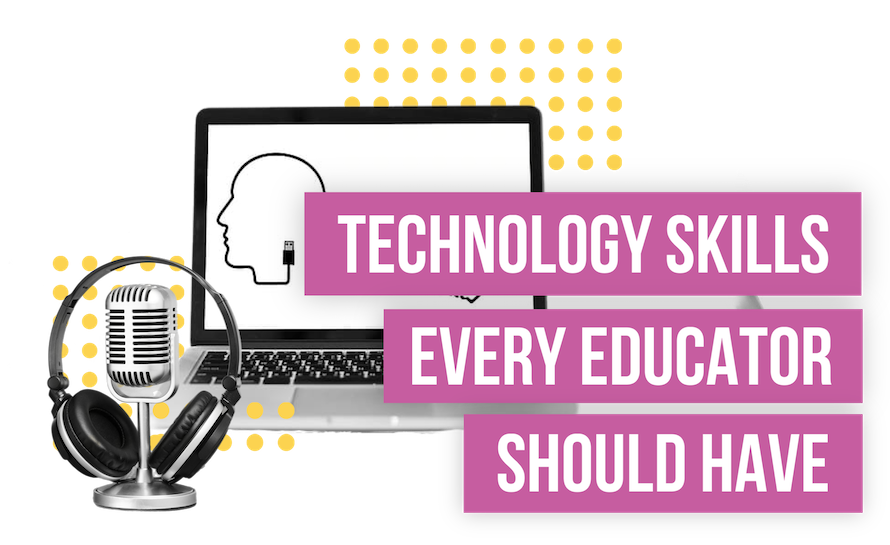
HEADING
During the last 15 years, we in education have moved at light speed in the area of educational technology. Whether you are involved in higher ed, secondary ed, elementary ed, or special ed, all of us find it difficult to catch up, keep up, and put up with fast-moving computer-based technology. Today, not only do we use laptops, and tablet PCs, but we also have the World Wide Web. And most educators use a variety of tools-including video, e-mail, desktop conferencing, online programs such as WebCT and Blackboard, as well as video conferencing-to teach. Thus, it is no longer acceptable for educators to be technology illiterate.
With that in mind, here we ask you to share your ideas on what technology skills every educator should have, and what the benefits for that are. We also provide you with a tentative shortlist as a kickstarter.
– Word Processing Skills
Educators should be able to use some type of word processing program to complete written tasks in a timely manner.
– World Wide Web Navigation Skills
Educators should be able to navigate the World Wide Web and search effectively for data on the Internet.
Review the works of at least three of your peers.
The primary goal of reviewing the work of your peers is to broaden your perspective and deepen your own thinking about this topic.